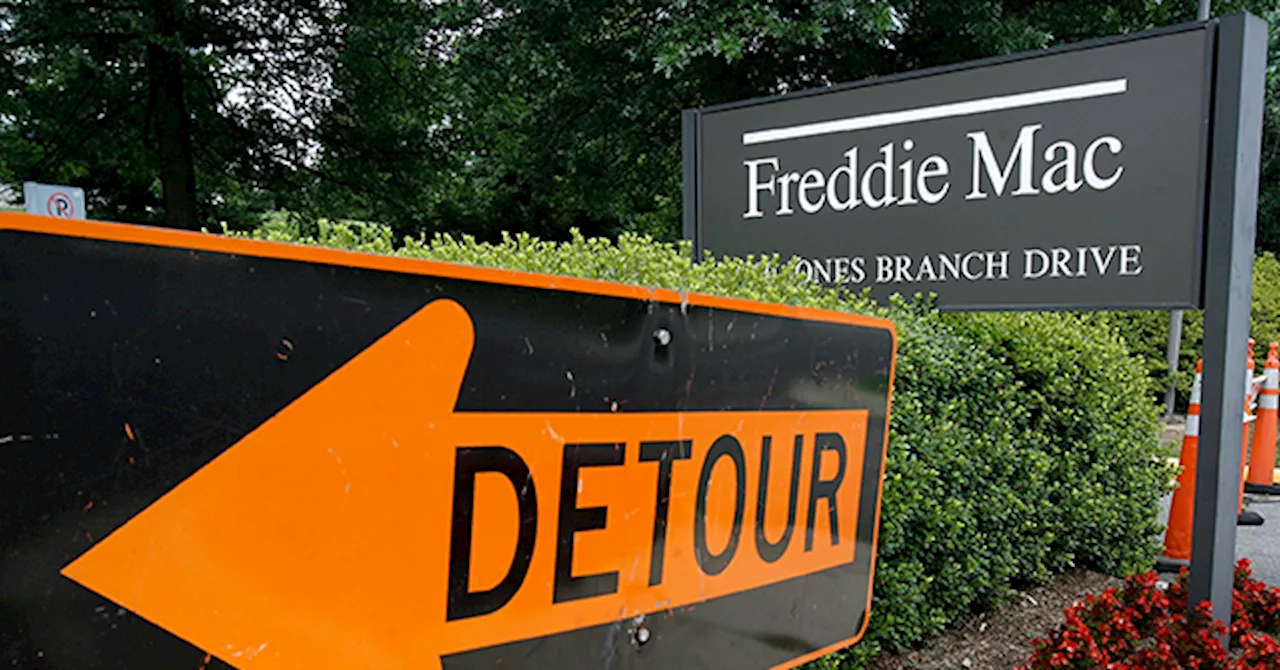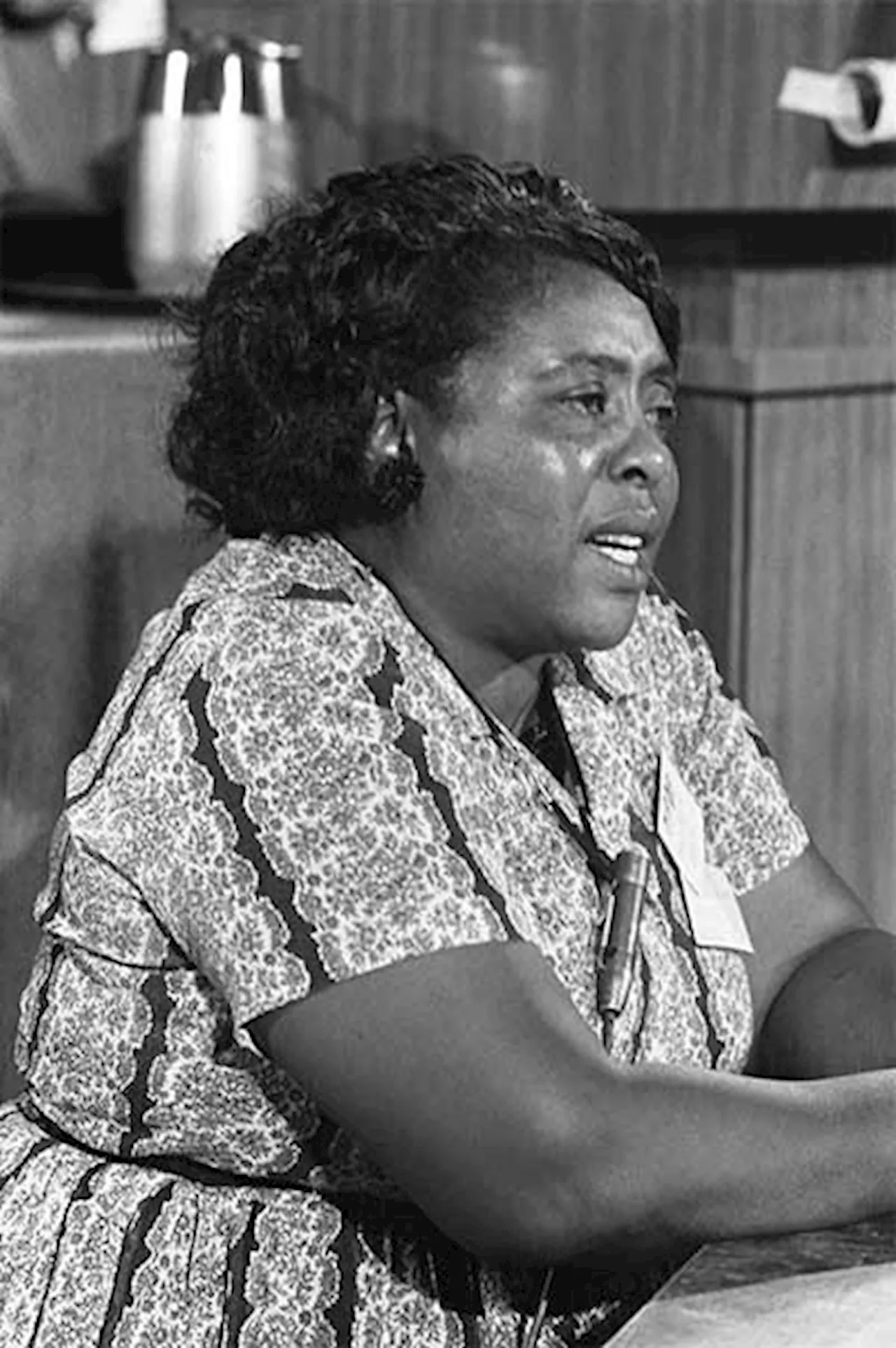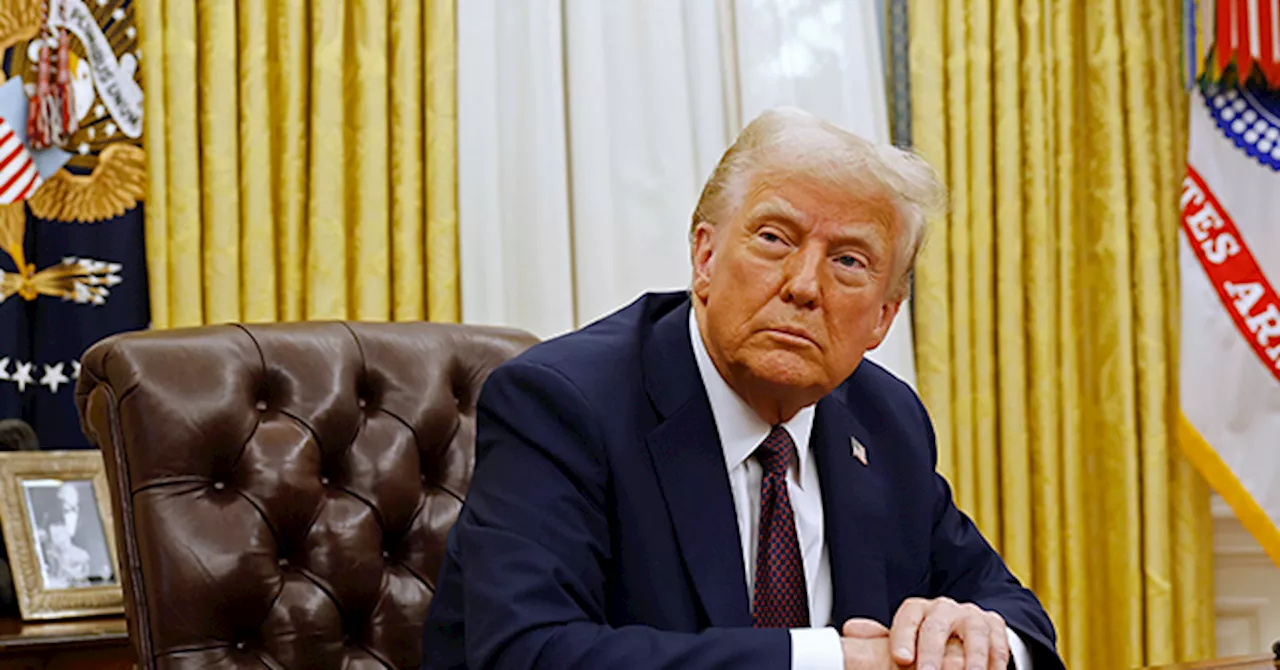Investors betting on the release of Fannie Mae and Freddie Mac from government control are likely to be disappointed. The Trump administration has no active plans to privatize the companies, and while President Trump supports the idea in theory, he is unlikely to expend political capital on it. The priority of other issues, like trade, immigration, and taxes, is likely to leave little time for GSE policy. The Treasury Secretary nominee, Janet Yellen, has also expressed little interest in the issue.
Investors who have convinced themselves—or been convinced by wealthy hedge fund managers talking their books—that the Trump administration is determined to release Fannie Mae and Freddie Mac from the government control are likely in for a painful surprise. We discussed the history of efforts by investors to score a windfall through their shares of the common and junior preferred shares of Fannie and Freddie.
Now that Trump has returned to the White House, investors are once again betting the companies will be released and returned to shareholder control. And they are, directly and indirectly, for them to be released. The conviction that this time will be different and that Fannie and Freddie will be released has sent the shares soaring. The companies will remain in conservatorship for the duration of the Trump presidency. There are no active plans within the Trump administration to release them; and while Trump supports release in theory, people familiar with the president’s thinking say they do not expect him to spend any political capital to bring it about. The priority of issues like trade, immigration, energy, taxes, ending DEI and ESG mandates, and taming inflation are likely to leave little time for breaking new ground on GSE policy. Trump’s pick to run the Treasury Department, Janet Yellen, has expressed almost no interest in the issue. It did not come up in her recent confirmation hearing before the Senate finance committee. In written answers provided to senators, Yellen said that the conservatorships should not be indefinite but was noncommittal about what would happen next. In meetings with senators, Yellen has reportedly said that dealing with Fannie and Freddie is a complex issue that requires careful consideration. As an experienced hand in global financial markets, Yellen is wary of doing anything that might be viewed as disruptive to the mortgage market, according to people familiar with her thinking. The controlling law—the Housing and Economic Recovery Act of 2008—may not permit them to be unilaterally privatized by the administration. Its text contemplates a more gradual process of winding down the conservatorships, culminating in a potential sale of the companies to private investors. This is consistent with what happens when banks fail and cannot be immediately resolved by banking authorities. They are placed into a bridge conservatorship and allowed to operate for a period before entering a receivership that wipes out their shareholders and leads to the sale of their assets, business lines, and eventual dissolution. It’s possible that the broad discretion granted to the FHFA as conservator would allow for privatization, but that’s not a legal certainty. A big challenge to any attempt to turn Fannie and Freddie into normal companies not backed by the government is how tounleash their ability to provide stability and liquidity to the mortgage market. This is no easy task and many market participants are skeptical it can be accomplished at all. Instead, reducing the government’s role in the mortgage market would likely require a wholesale rethinking of how mortgage bonds are guaranteed, perhaps by eliminating Fannie and Freddie altogether and replacing them with something entirely new. “Indeed, given their centrality to the housing finance system, it would take some effort to convince the market that the GSEs would not be bailed out if their explicit support was exhausted. If the administration were to succeed, however, it is difficult to see how the GSE model would work, or work in any way that anyone should take comfort in,” in crafting an exit plan for Fannie and Freddie—or to craft a new structure for the secondary mortgage market altogether. The lack of questions about this at Yellen’s hearing, however, were a sign that lawmakers do not consider this a pressing issue. It’s also unclear that an agreement could be reached that would satisfy both liberal housing affordability advocates—who see Fannie and Freddie as tools for expanding homeownership among lower-income Americans—and conservatives who want market processes to determine the future of the mortgage market. There’s also the question of whether there would be any value leftover for the holders of the common and junior preferred shares if the companies were privatized. The government’s preferred shares entitle it to a significant portion of the companies’ profits, and almost 80 percent of the common shares. Building large enough capital cushions in the near-term would likely require selling additional equity stakes to investors, further diluting the current shares. It’s also unclear whether Trump would be willing to simply gift the companies to shareholders, with the swipe of a pen. Government lawyers have argued to senior officials in prior administration’s that such a move would likely be illegal. It’s also decidedly un-Trumpian.
FANNIE MAE FREDDIE MAC GOVERNMENT CONTROL TRUMP ADMINISTRATION JANET YELLEN HOUSING FINANCE
United States Latest News, United States Headlines
Similar News:You can also read news stories similar to this one that we have collected from other news sources.
 Ackman Doubles Down on Fannie Mae, Predicts Triple-Digit UpsideBill Ackman believes a second Trump administration could end Fannie Mae and Freddie Mac's conservatorship, unlocking massive returns for investors.
Ackman Doubles Down on Fannie Mae, Predicts Triple-Digit UpsideBill Ackman believes a second Trump administration could end Fannie Mae and Freddie Mac's conservatorship, unlocking massive returns for investors.
Read more »
 Wall Street Bets on Trump to Unleash Fannie and Freddie from Government ControlInvestors are betting that Donald Trump will privatize Fannie Mae and Freddie Mac, government-sponsored entities central to the U.S. mortgage market. Shares of the companies have soared since the election, driven by hopes of a windfall for investors if the companies are released from government control. However, with no concrete action from the administration, this optimism may prove to be 'irrational exuberance'.
Wall Street Bets on Trump to Unleash Fannie and Freddie from Government ControlInvestors are betting that Donald Trump will privatize Fannie Mae and Freddie Mac, government-sponsored entities central to the U.S. mortgage market. Shares of the companies have soared since the election, driven by hopes of a windfall for investors if the companies are released from government control. However, with no concrete action from the administration, this optimism may prove to be 'irrational exuberance'.
Read more »
 Ackman Predicts Fannie and Freddie Privatization by 2026Investor Bill Ackman expects President Trump to privatize Fannie Mae and Freddie Mac, leading to a public stock listing around 2026.
Ackman Predicts Fannie and Freddie Privatization by 2026Investor Bill Ackman expects President Trump to privatize Fannie Mae and Freddie Mac, leading to a public stock listing around 2026.
Read more »
 Fannie Lou Hamer Receives Presidential Medal of FreedomCivil rights icon Fannie Lou Hamer posthumously receives the Presidential Medal of Freedom from President Biden.
Fannie Lou Hamer Receives Presidential Medal of FreedomCivil rights icon Fannie Lou Hamer posthumously receives the Presidential Medal of Freedom from President Biden.
Read more »
 Reba McEntire to Star in Film Adaptation of Fannie Flagg's 'The Family Reunion'Country music legend Reba McEntire will star in a film adaptation of Fannie Flagg's beloved novel, 'The Family Reunion'. The story follows an Alabama family whose legacy and bonds are tested when one of its members discovers she was adopted through a series of letters. Oscar-winner Callie Khouri will direct the project from a script by playwright/screenwriter Bekah Brunstetter.
Reba McEntire to Star in Film Adaptation of Fannie Flagg's 'The Family Reunion'Country music legend Reba McEntire will star in a film adaptation of Fannie Flagg's beloved novel, 'The Family Reunion'. The story follows an Alabama family whose legacy and bonds are tested when one of its members discovers she was adopted through a series of letters. Oscar-winner Callie Khouri will direct the project from a script by playwright/screenwriter Bekah Brunstetter.
Read more »
 Breitbart Business Digest: Investors Will Likely Be Disappointed with Bets on Fannie and Freddie’s ReleaseSource of breaking news and analysis, insightful commentary and original reporting, curated and written specifically for the new generation of independent and conservative thinkers.
Breitbart Business Digest: Investors Will Likely Be Disappointed with Bets on Fannie and Freddie’s ReleaseSource of breaking news and analysis, insightful commentary and original reporting, curated and written specifically for the new generation of independent and conservative thinkers.
Read more »
